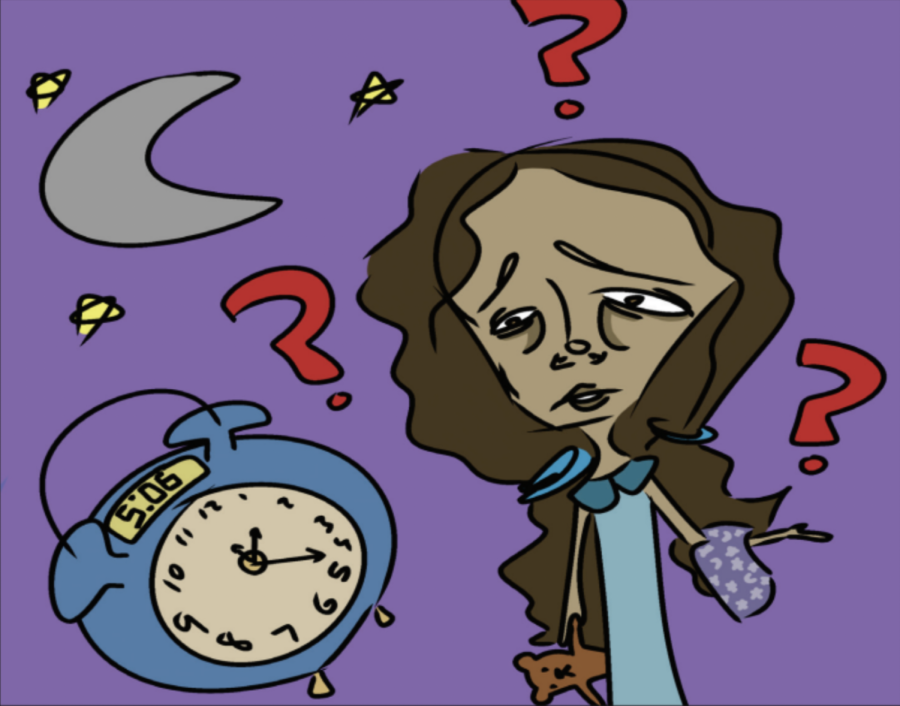Boo Daylight Savings
May 17, 2022
You may be familiar with the phrase “spring forward, fall back.” This refers to our clock of daylight savings. On March 13th, the clocks “spring” forward, meaning we’ve gotten back an hour of sleep. Daylight savings may be just an odd thing humans do, but that doesn’t mean it is beneficial to our lives!
The idea of daylight savings was first implemented in Germany after World War I to conserve “daylight” or to reduce resources, such as electricity use. Soon, most of the world followed suit. For some odd reason, daylight savings is commonly associated with farmers. Farmers opposed daylight savings; farming is a delicate practice, where their days are scheduled with the sun, not the clock. Daylight savings interfere with their tightly knit schedule for their farm animals. Let’s say cows are used to being milked at 5am. With daylight savings, their milking times are pushed back an hour—cows do not like that at all. If you remember, cows sadly cannot tell time. Contrary to Chicken Little, chickens can’t tell time either. Having the animals adjust to human schedules is not beneficial for either party.
If you are a gacha game player, daylight savings may impede your gaming experience. A gacha game is a video game where you can spend in-game currency to “pull” or “summon” a character, weapons, or resources with slim chances of getting the desired one. In most gacha games, time is a crucial part. Since most games follow DST, the daily rest—where you have daily missions and chances to grow your characters—can be delayed by an hour due to daylight savings. In turn, it may get in the way of school, work and sleep. Waiting time for materials is also a common mechanism in any video games. When following DST, the wait times stay the same for the resources that take forever to replenish. Some may feel cheated—not by the gacha system, but by the World Clock system itself.
Daylight savings is detrimental since it has a tendency to mess with the sleep we all desperately need. Adjusting your body to the concept of a clock is not only exhausting to our bodies but also to our mental health. When sudden changes to our everyday rhythm is thrust upon us, it may lead to increase in stress levels not only because of workload or any preexisting ordeals, but also because of how our bodies react to the decreased light exposure. The natural environment has a big part in setting our moods. A bright, warm sunny day tends to elevate our mood, while a cold, gray rainy day may worsen the mood. When following DST, we get less sunlight during the day, causing an increase in depression, anxiety and general moodiness.
This piece also appears in our April 2022 print edition










